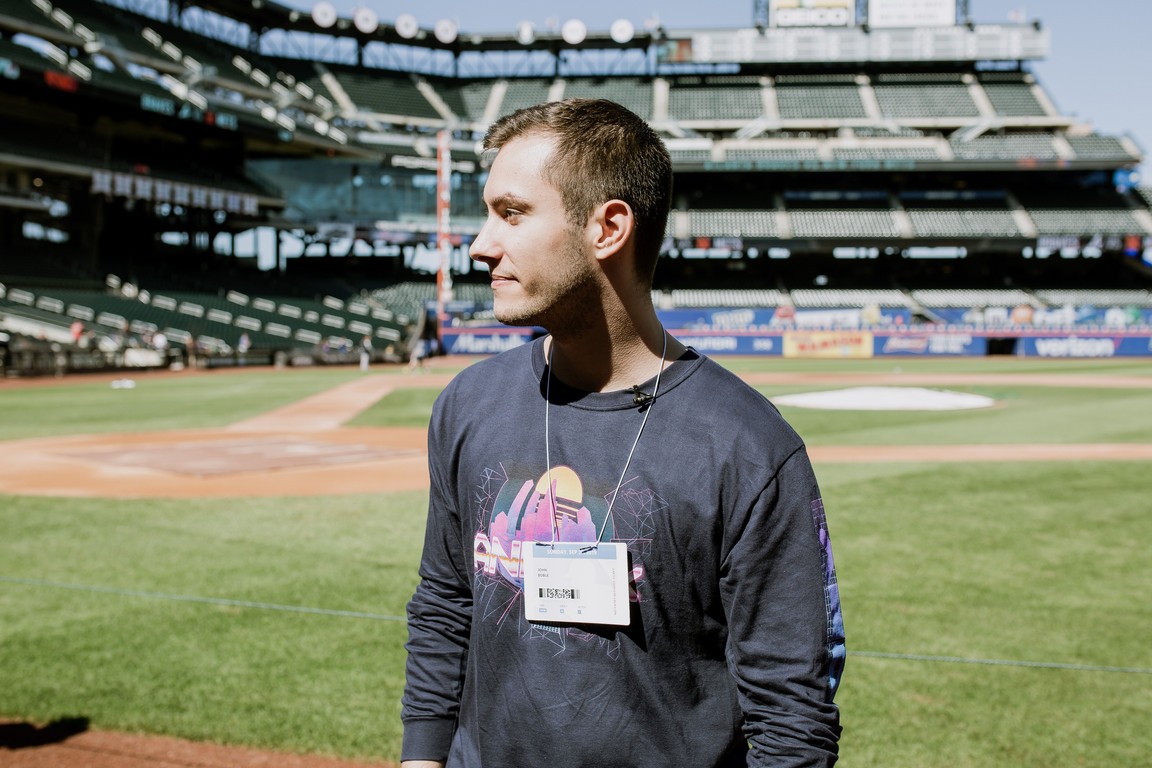|
Part 2: Modern Warfare Competitive Modes |
|
| Part 3: Modern Warfare Maps and Meta | Part 4: Subliners Tournament Performance |
| Part 5: Versatility, Gaps, and Goals | Part 6: Coach, Player, Mentor |
| Part 7: The Risks of Playing Esports | Part 8: Bridging the Gap Between Casual and Hardcore Fans |
| Part 9: Coaching in Sports Vs. Esports | Part 10: Hard Work and Defining the Best Teammate |
| Part 11: New York and Franchising | Part 12: Subliners Culture, Creativity, and Quirks |
| Part 13: The Future of the Subliners |
Part 7: The Risks of Playing Esports
Tim
What advice do you wish you knew before going pro?
Boble
Not necessarily advice, but I wish I knew that they would eventually end up franchising. I probably never would have stopped playing.
It's tough because when we first started playing, things weren't like this. We were playing for $10,000 maximum, traveling the world for that type of prize pool. Some advice I'd give myself is to not to give up. I feel like towards the later part of my playing career, I was looking at the landscape, and just trying to weigh out all these different options, because it's a risk what we're doing.
Not everybody grows up and decides to get into video games for a living. It's just not traditional. So, I would tell myself, never give up, keep fighting it. If it is what you want to do, then make sure you're putting your full effort into trying to be as successful at this as you can.
A lot of friends that I was competing against are no longer involved in the scene because one thing or another but getting removed from a year in esports, whether you're not involved in playing or not involved in the League is extremely detrimental to your overall career. You just lose that type of relevancy.
Tim
Can you elaborate more on that risk?
Boble
When you're growing up, you ask yourself as a kindergartner, what do you want to be when you grow up? I want to be a sports star, or I want to be an astronaut, firemen, policemen. I never said I wanted to be a pro gamer when I was in kindergarten.
Growing up, when I saw that Halo was a thing, and people were going around the world playing Halo competitively and winning money, that stuff looked fun. It appealed to me because I was a super competitive person. I played a lot of sports, and I had a lot of fun playing video games. If I could mix the two, that would be an ideal scenario.
There was no foundation when we all started doing this. It was all MLG putting on a tournament. If there was no MLG, well then there was no avenue for us to earn any income. Back then you weren't earning any income unless you were consistently winning or placing top three. I was placing top 8 a lot, but you don't really earn any money getting eighth place. Outside of top eight, you're not getting paid at all.
When I go to my parents, I'm trying to convince them to let me go to more tournaments, but they're like why would we continue to do this? You're not bringing in any money. I'm not trying to say that their thinking is wrong, but they're thinking, wow, I see my son going to these tournaments. It's costly to travel, get on a plane, get a hotel room. You're incurring all of these costs, and you're not getting much of a return.
The Subliners Open that we just put on had a 10k prize pool. That was the prize pool. We would go out to California and play for $10,000. We thought that was a lot of money back then.
What kind of experience are you building? What kind of resume are you building? If I put on my resume that I was a pro Call of Duty player for ten years, but I don't have any actual work experience outside of that, it's going to be less likely that a company is going to hire me.
So it's a risk when you compare it to the outside world, but obviously, now that we're in franchising, and there's a lot of new money coming into the scene, that risk has paid off for some, but not for all.
Tim
Would you say in recent years there's less of a risk due to things like the open tournament that anyone can enter, the Path to Pro for amateurs, and even platforms like Twitch?
Boble
It's definitely less of a risk but it's still not easy and nothing is ever guaranteed. You brought up Twitch. In some of your spare time, go on Twitch and scroll all the way down to the bottom of the list for these games. Look at how many streamers there are out there that are consistently grinding despite getting 5, 10, 15 viewers. It's like that for a long time.
It's not easy to build some of this stuff up from the ground level. I agree that it's definitely less of a risk, but still a very risky career to get into because there's no promise of a future here.
| Part 6: Coach, Player, Mentor | Part 8: Bridging the Gap Between Casual and Hardcore Fans |
